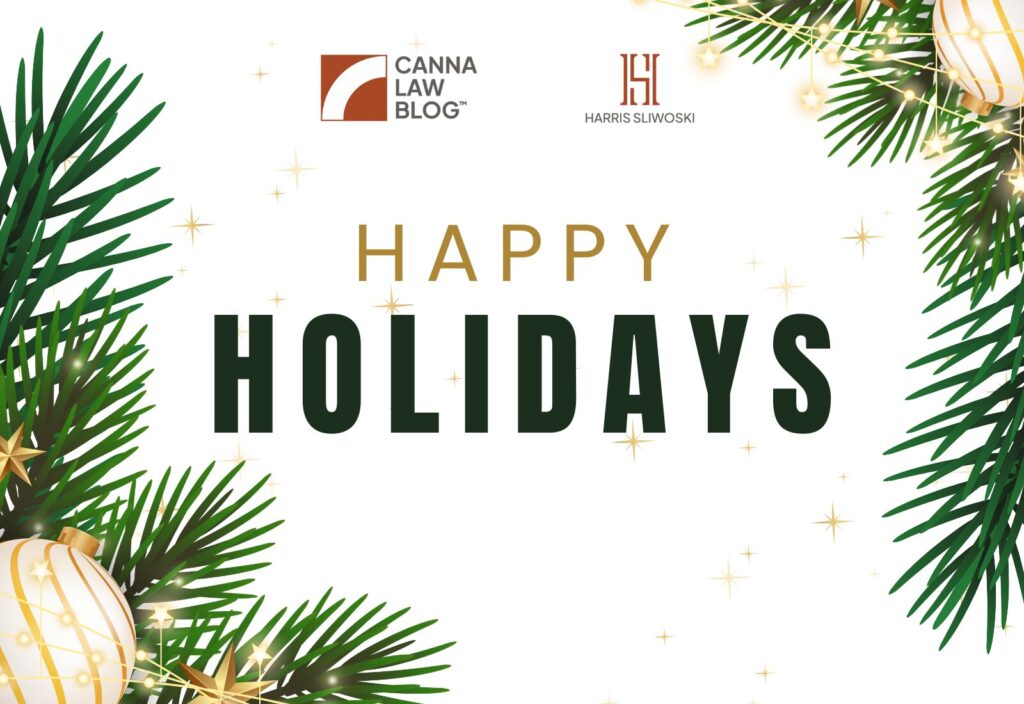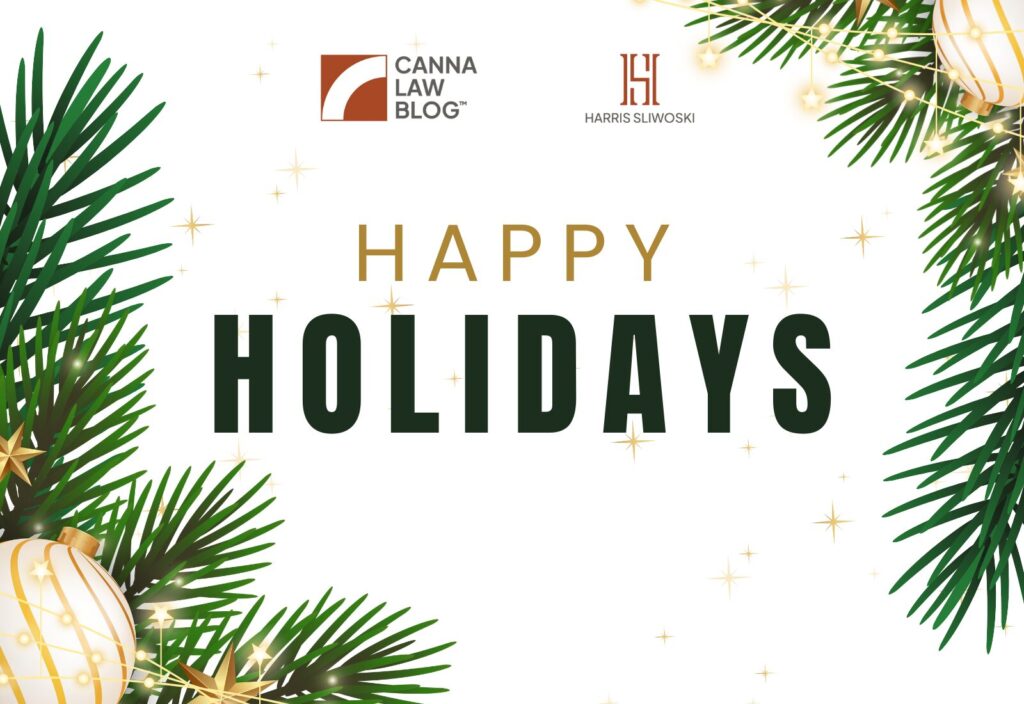
As Minnesota approaches the legalization of marijuana, the Minnesota Supreme Court has just ruled on a case we covered in September 2021. The case involves the difference between hemp and marijuana and a state prosecutor’s burden to prove what side of the line a leafy or liquid cannabis substance falls. As we explained two years ago, the ruling impacted manufacturers, processors, sellers, distributors, and consumers of any liquid form of Hemp/CBD. Back then we predicted an appeal to the Minnesota Supreme Court by the Minnesota Public Defender’s Office on behalf of the defendant. Notably, the Minnesota Industrial Hemp Association and the Minnesota Cannabis Association both filed amicus briefs the in light of the terrible practical effects of the Court of Appeals’ ruling on the hemp industry.
Our summary of the case from our earlier coverage
State troopers executed an arrest warrant at a home in Brainerd, Minnesota. The officers found the defendant at the home and observed cannabis smoking paraphernalia (a pipe, rolling papers, a grinder, and a torch lighter) and a plastic tote box. The officers then obtained a search warrant and found three pounds of a “leafy plant material” and 89 vaporizer cartridges containing an “amber-colored liquid.”
The
Read full article on HarrisBricken






































